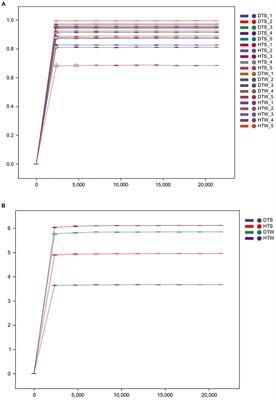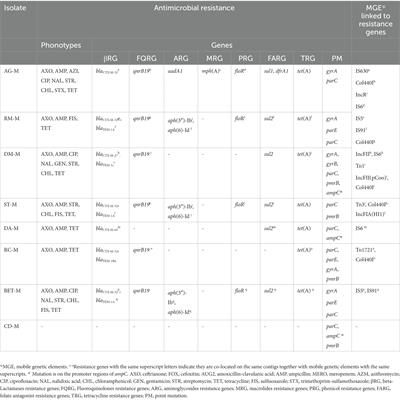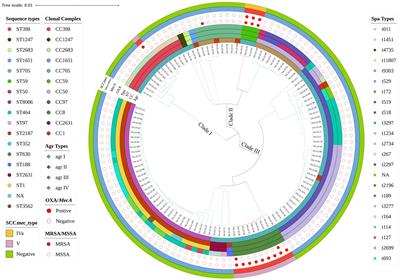EDITORIAL
Published on 20 Sep 2024
Editorial: Impact of dairy farming on the safety of raw milk and milk products
doi 10.3389/fmicb.2024.1491295
- 582 views
3,189
Total downloads
13k
Total views and downloads
You will be redirected to our submission process.
EDITORIAL
Published on 20 Sep 2024
ORIGINAL RESEARCH
Published on 29 Aug 2024

ORIGINAL RESEARCH
Published on 11 Mar 2024

ORIGINAL RESEARCH
Published on 06 Nov 2023

ORIGINAL RESEARCH
Published on 11 Oct 2023

ORIGINAL RESEARCH
Published on 22 Sep 2023

